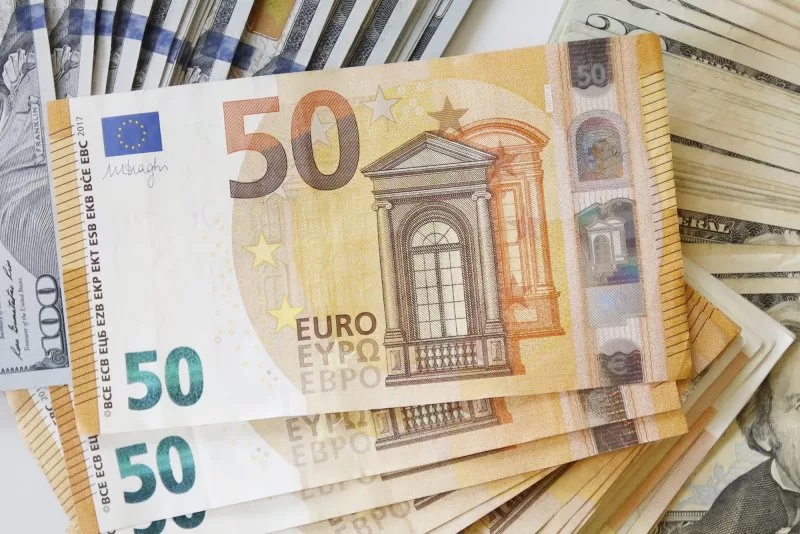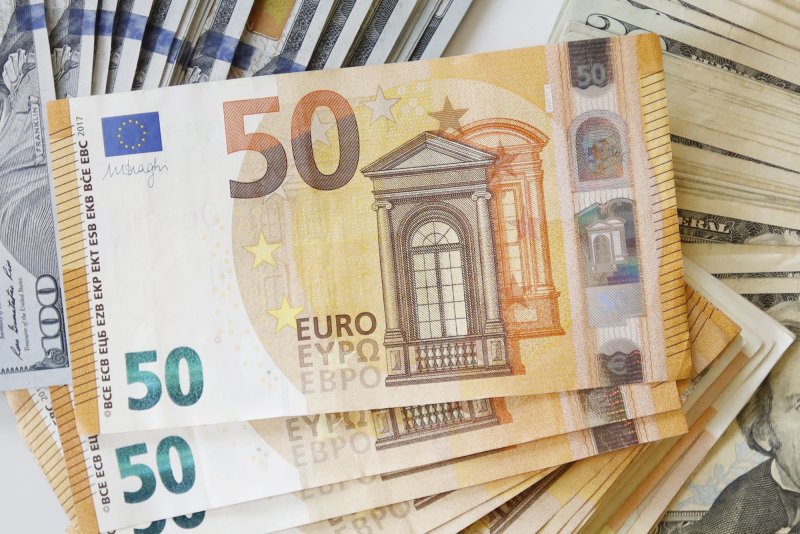Inflation across the 20 European Union economies that use the euro is expected to have ticked up slightly in July to 2.6% due to a jump in energy inflation amid stubbornly high services, the EU’s main statistical agency said Wednesday. File Photo by John Angelillo/UPI |
License Photo
July 31 (UPI) — Inflation in the eurozone is expected to have ticked up slightly in July to 2.6% due to rises in the annual rates of inflation for energy and industrial goods, the European Union’s main statistical agency said Wednesday.
The main Consumer Price Index is seen rising from 2.5% in June amid services inflation of 4% and a 1.1% jump in energy inflation to 1.3%, according to a Eurostat flash estimate.
Food, alcohol and tobacco inflation is estimated to come in at 2.3%, compared with 2.4% in June and non-energy industrial goods at 0.8%, compared with 0.7% in June.
Core inflation, which strips out price-volatile items like energy and food and tobacco, was likely to remain unchanged for a third consecutive month at an estimated 2.9%, said Eurostat.
The inflation rise follows an interest rate cut across the 20 European Union countries that use the euro last month when the European Central Bank reduced its main deposit rate from 4% to 3.75% citing “markedly improved” market conditions and a 2.5% fall in inflation over the previous nine months.
Inflation rose in three of the four big economies led by Germany and France where inflation was estimated to have ticked up to par from 2.5% in June and an almost doubling in Italy’s rate to to 1.7% — albeit from a low level.
Only Spain bucked the trend with a drop of 0.7% although that still left inflation in the zone’s fourth-largest economy higher than its competitors.
Seven other economies appeared to have managed to reduce inflation, the estimates show, including Belgium although its rate remained the highest across the zone at 5.5%.
Irish inflation was seen remaining flat at 1.5% while Finland’s rate of inflation came in lowest at 0.6.
The large discrepancies present a major headache for policymakers at the ECB in trying to correctly set a single interest rate for the whole zone because economies where inflation is high need a high interest rate to tame inflation while for countries with low inflation a low interest rate is required in order to stimulate demand.
Wednesday’s preliminary figures sent the euro higher against both the dollar and the pound with 1 euro worth $1.08 and £0.84 respectively in mid-session trading on foreign currency markers.

